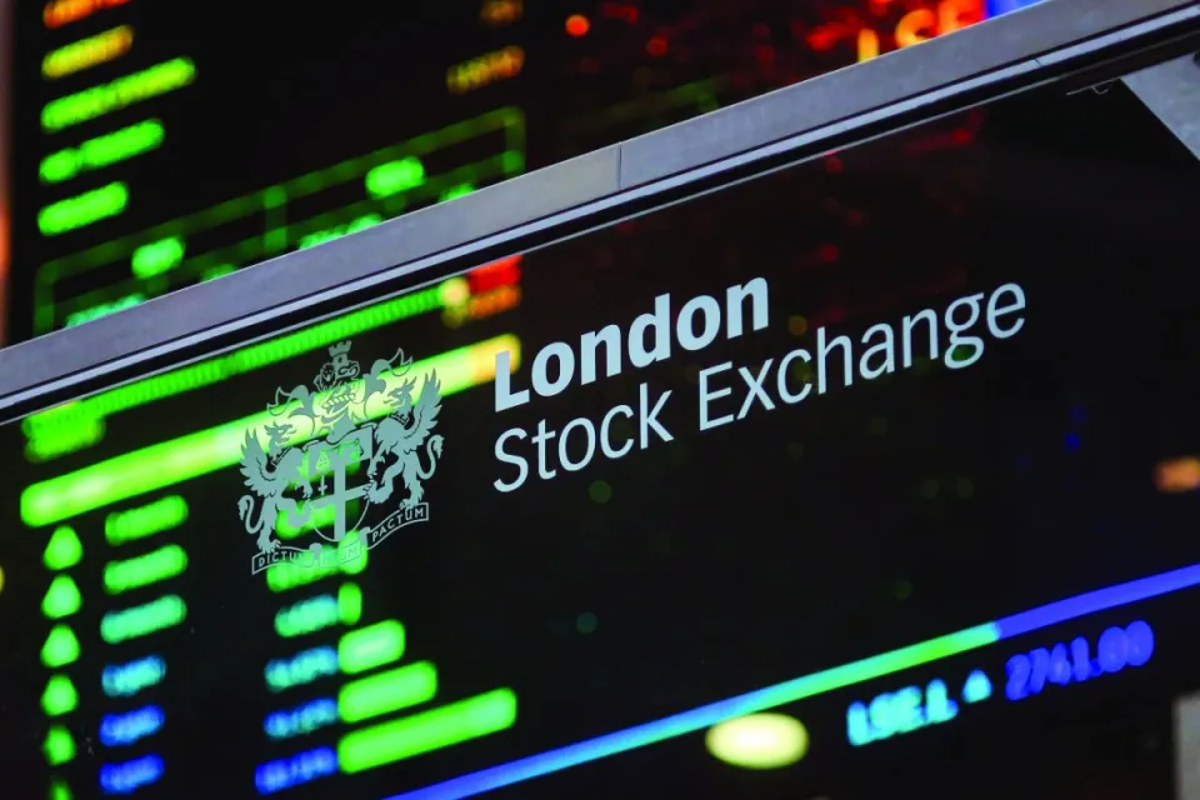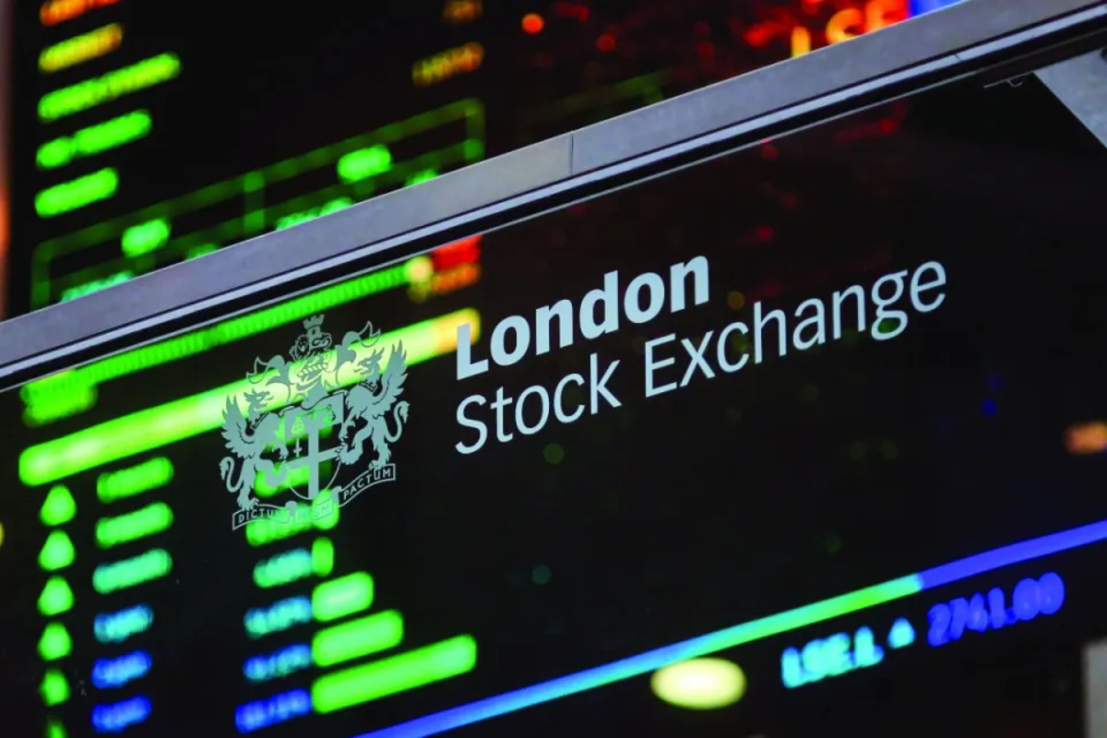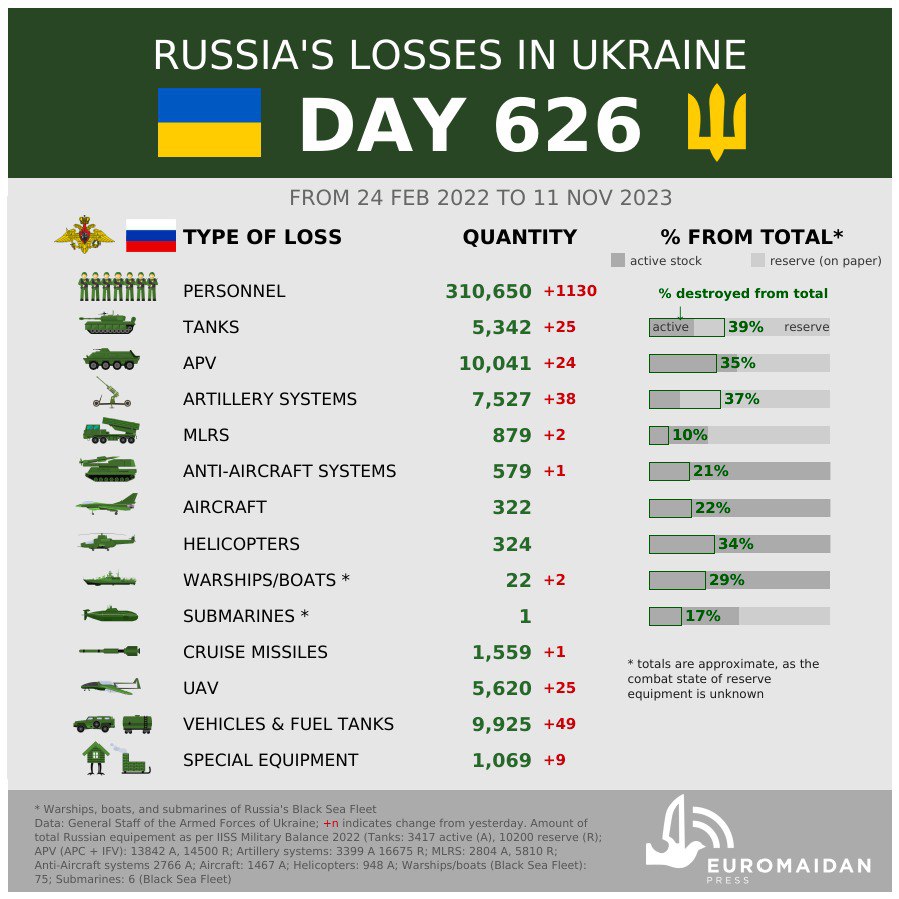FTSE 100 falls back as traders digest Trump presidency
The FTSE 100 pared its gains and sterling tumbled on Wednesday as traders digested how Donald Trump's presidency will impact the global economy and the UK.


The FTSE 100 pared its gains and sterling tumbled on Wednesday as traders digested how Donald Trump’s presidency will impact the global economy and the UK.
London’s blue-chip index was trading down 0.25 per cent at 8,152.02 around 3pm, erasing gains made immediately after Trump emerged victorious in the presidential election.
The mid-cap FTSE 250, which is more closely aligned with the health of the UK economy, ticked up 0.26 per cent to 20,422.45 – also scaling back its earlier gains.
Meanwhile, sterling plunged 1.3 per cent against the dollar in its largest intraday fall since March 2023.
Commodity-sensitive stocks like miners Antofagasta, Fresnillo, Glencore and Anglo American all dropped as the prospect of higher US inflation under Trump hit the price of oil and gold.
The global economy is poised for a shake-up as the former president’s prepares to return to the White House.
Economists are concerned over Trump’s promise to raise tariffs on foreign imports by between 10 and 20 per cent while also placing 60 per cent tariffs on Chinese goods.
Think tank NIESR projected that UK inflation could be as much as three to four points higher while interest rates could be two to three points higher as a result of Trump’s planned tariffs.
Housebuilder Persimmon was the biggest faller on the FTSE 100, with its 8.8 per cent fall partly driven by a warning on Wednesday morning that recent Budget measures would push up its costs. Rival Taylor Wimpey also fell.
US-focused firms rise
The biggest risers on the FTSE 100 were firms that do much of their business across the pond. Construction equipment rental firm Ashtead jumped five per cent, alongside other sharp rises for Barclays and IHG.
Ashtead, which makes some 85 per cent of its revenue in the US and has reportedly considered swapping its listing to New York in the past, is likely to benefit from a Trump-led construction drive.
“Trump did not mention tariffs in his victory speech, and this is why we are seeing UK firms with US exposure rallying on Wednesday,” said Kathleen Brooks, research director at XTB.
“A win for Trump is also seen as being good for the US economy, which is also boosting big UK companies who export to the US.”
Aerospace and defence giant Rolls Royce, a major exporter to the US, also rose around 4.5 per cent.
London’s markets are more exposed to the American economy than many European peers with some 28 per cent of revenues made in the US, according to Bloomberg Intelligence analyst Kaidi Meng.
Pharma and consumer-related companies were “susceptible to drug re-pricing risks and tariff, “ Meng said today.
“While a potential 10 per cent tariff […] brings risk to UK exports, other possible impacts include drug-price renegotiation for health-care industry, wage increase and reflation risks from reshoring US manufacturing, higher defense spending and renewable energy disincentivizing,” she added.
The FTSE 250, which is more exposed to the domestic economy, was also up around two per cent.
Bill Ackman’s Pershing Square Holdings also rose nearly four per cent before 8:30am. The billionaire New York hedge fund chief has been among the leading business voices backing a Trump presidency.
The pound has taken a steep dive to 1.28 against the dollar however as investors rush in to so-called Trump trades.
“The dollar has gained ground against a basket of currencies. Investors are bracing for tariffs and a clamp down on immigration, policies considered to be inflationary which are likely to mean interest rates may be more elevated in the years to come,” said Susannah Streeter, head of money and markets at Hargreaves Lansdown.



